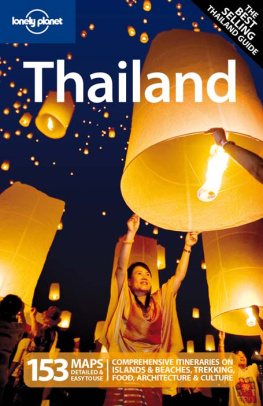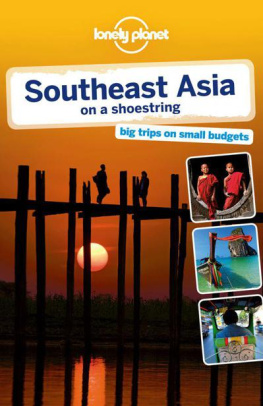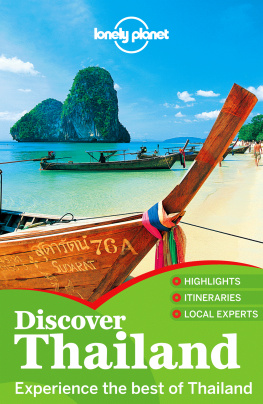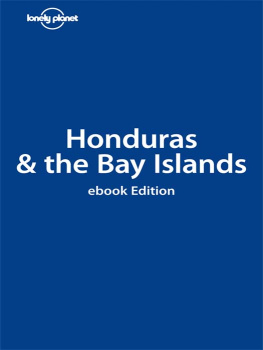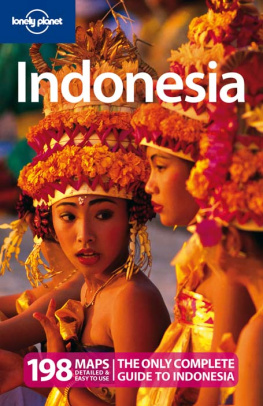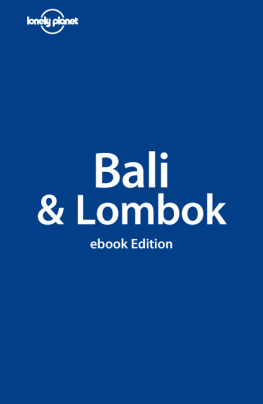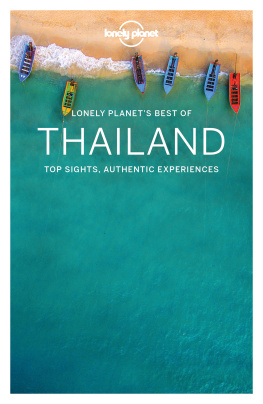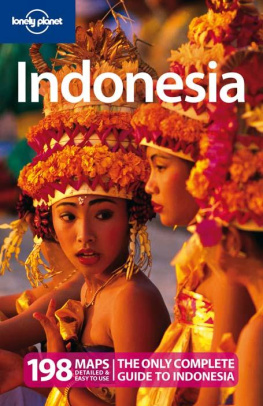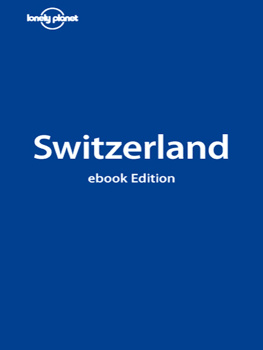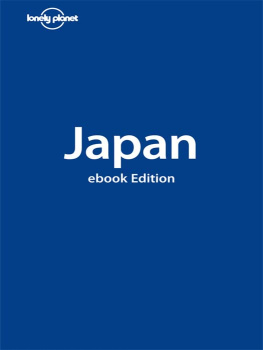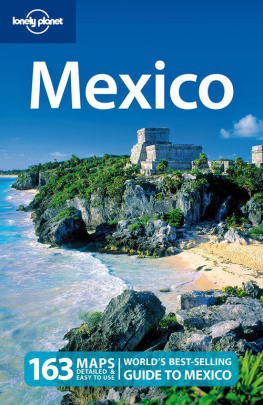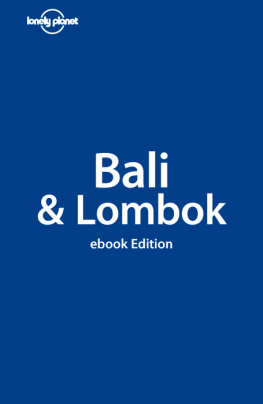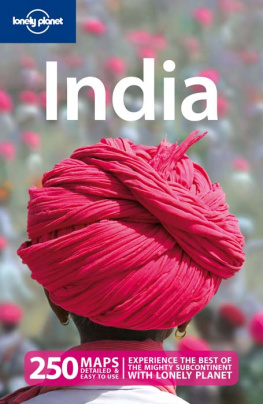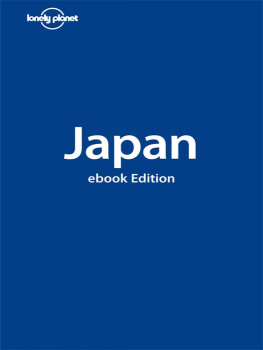Destination Thailand
Technically, elephants are not allowed on the streets of Bangkok, but during the right time of year (typically after rice farmers have finished harvesting their crops), you cant help but come across the giant beasts, wandering the congested sois with their owners, largely ignored by just about everybody except foreign tourists. To most visitors its inconceivable that a creature so large can be so casually disregarded. But this is Thailand, a country where the people have become experts at ignoring the metaphorical elephants in their rooms.
this is Thailand, a country where the people have become experts at ignoring the metaphorical elephants in their rooms
Since the abolition of the absolute monarchy in 1932, political instability has essentially been the norm in Thailand. The most recent period of unrest began in 2006 with the coup dtat (the 18th in 70 years) that saw then Prime Minister, Thaksin Shinawatra, forcibly removed from office, sent into exile and replaced by military rule. Unlike elsewhere where such an event might have had people protesting on the streets, the smooth as silk coup hardly disrupted Bangkok traffic, and Thais, depending on their political allegiances, appeared to accept the changes with restrained joy or quiet resignation.
The following 15 months of caretaker rule were largely seen as ineffectual, and spanned lowlights ranging from limits on press freedom to significant economic slowdown, but public displays of discontent were rare if not non-existent. Long-awaited elections in late 2007 led to the Peoples Power Party (PPP) of Samak Sundaravej, an alleged Thaksin proxy, gaining a majority in parliament. This sparked a series of street protests led by the Peoples Alliance for Democracy (PAD), the same anti-Thaksin group whose protests preceded the 2006 coup.
In less than six months, the largely middle-class Bangkok-based PAD had boldly taken over Government House and was demanding Samaks resignation. In response, pro-Thaksin supporters, many of whom are relatively poor farmers, labourers and taxi drivers from Thailands north and northeast, formed their own pro-government alliance called the United Front of Democracy Against Dictatorship (UDD). Even moderate Thais began taking sides, with PAD supporters wearing yellow (a colour associated with the monarchy), and government supporters sporting red. For the first time in recent Thai history, it appeared that at least one elephant the vast divide between the urban, educated elite and the rural poor could no longer be ignored.
In June 2008, after several weeks of PAD occupation of Government House, the countrys Constitutional Court found Samak guilty of accepting money to host a cooking program, and he was forced to stand down. Although his dismissal due to this technicality was tantamount to the coup the PAD demanded, they were anything but placated when Sundaravej was subsequently replaced by Somchai Wongsawat, Thaksins brother-in-law.
Meanwhile, Thaksin and his wife Potjaman remained largely in exile in the UK, with only sporadic visits to Thailand. However in late 2008, the Supreme Court found Thaksin guilty of a corruption charge, sentencing him to two years imprisonment. Potjaman was subsequently sentenced to three years in jail for tax fraud. The couples UK visas were later revoked, and any plans to return to the UK or Thailand were inevitably shelved.
In October and November of 2008 confrontations between the PAD and police and pro-government supporters became increasingly violent, leading to the death of two PAD members. Rumours of a military coup were rampant, and more bloody clashes were feared. Events culminated in late November when several thousand PAD protesters took over both of Bangkoks airports, bringing tourism to a complete standstill for more than a week. It wasnt until the Constitutional Court dissolved the ruling party that the protesters finally agreed to leave the airports.
FAST FACTS
Area: 514,000 sq km
Border countries: Cambodia, Laos, Malaysia, Myanmar (Burma)
Population: 65,493,296
Inflation: 2.2%
GDP per capita: US$8000
Religion: 95% Buddhist
Literacy: 92.6%
Original name: Siam
Number of coups dtat since 1932: 18
Number of 7-Elevens: currently 3912
Highest Point: Doi Inthanon 2565m
Rice exports: 10.02 million tonnes in 2008 (number-one rice exporter in the world)
After a great deal of political wrangling, a tenuous new coalition was formed in December, led by Oxford-educated Abhisit Vejjajiva, leader of the Democrat Party and Thailands fifth prime minister of 2008. Although Abhisits appointment ushered a brief period of relative stability, violent protests in early 2009 by red-shirted Thaksin supporters in Bangkok and Pattaya showed that, although still in exile, the former Prime Minister remains the single most influential and polarising figure in Thai politics.
But perhaps the largest elephant of all is the impending but unspoken reality of a Thailand without its current monarch. Thailands king, Bhumibol Adulyadej, is the worlds longest-serving head of state and a figure literally worshipped by the vast majority of Thais for more than 60 years. The king is in his eighth decade now and his health has been failing. It remains to be seen how the Thais will adapt to life without a ruler whose reign most have lived their entire lives under. For certain, the grief felt by Thais will be profound, and the lack of the kings relatively stabilising influence on domestic politics, and the contentious issue of royal succession will have profound implications on Thailands near future.
Yet, despite the seemingly endless cycle of crises, Thailand continues to progress towards a modern, wealthy society. Bangkoks infrastructure continues to improve, with ambitious plans to expand both the Metro and Skytrain, and the long-awaited airport link scheduled to begin operations in 2009. Elsewhere in the country, virtually all of the communities devastated by the 2004 Boxing Day tsunami have fully recovered. Road links to distant parts of the country are improving, and an abundance of cheap domestic flights makes it easier than ever for those who wish to get off the beaten track.
Political crises have also done little to alter what makes the country arguably the most diverse and rewarding destination in Southeast Asia. A friendly and tolerant population and a solid infrastructure make Thailand an approachable destination for first-time travellers, while destinations and activities ranging from tropical beaches to cooking courses will appeal to even the most jaded traveller.
Throughout Thailands lengthy and often rocky experiment with democracy, the Thai peoples ability to ignore elephants has been a constant factor. But until issues such as class division, Thaksin Shinawatras polarising influence on politics, and royal succession are acknowledged and dealt with, political instability is bound to define Thailands future, as well as its past.
Getting Started
Most people find travel in Thailand to be relatively easy and economical. Of course, a little preparation will go a long way towards making your trip hassle-free and fun.
WHEN TO GO
The best time to visit most of Thailand is between November and February, because it rains the least and it is not too hot. This period is also Thailands main season for festivals, like Loi Krathong and Songkran.
See Climate Charts () for more information.
If you plan to focus on the northern provinces, the hot season (March to May) and early rainy season (June to July) are not bad either, as temperatures are moderate at higher elevations. Northeastern and central Thailand, on the other hand, are best avoided from March to May, when temperatures may climb over 40C. Because temperatures are more even year-round in the south (because its closer to the equator), the beaches and islands of southern Thailand are a good choice for respite when the rest of Thailand is miserably hot.

